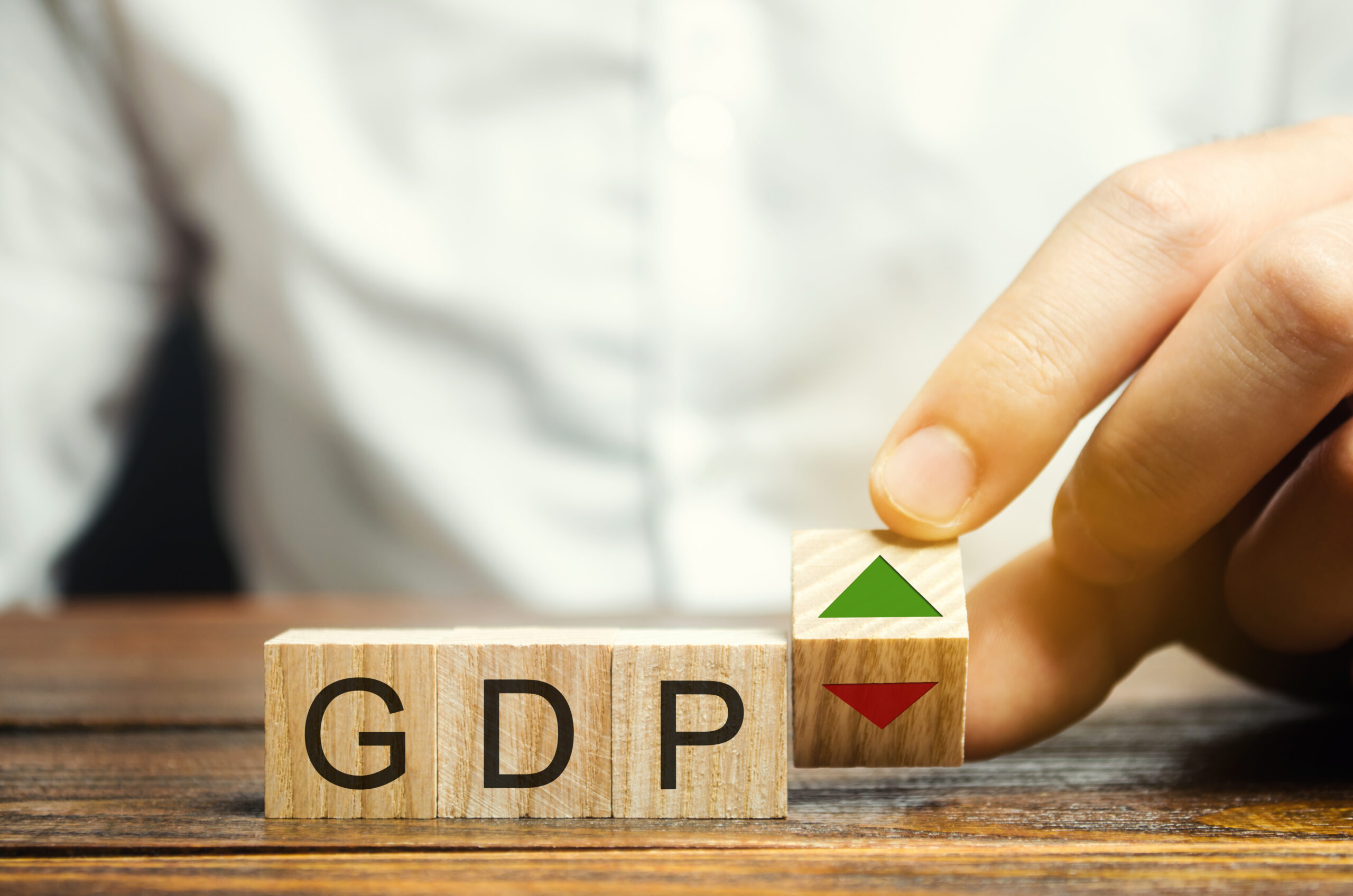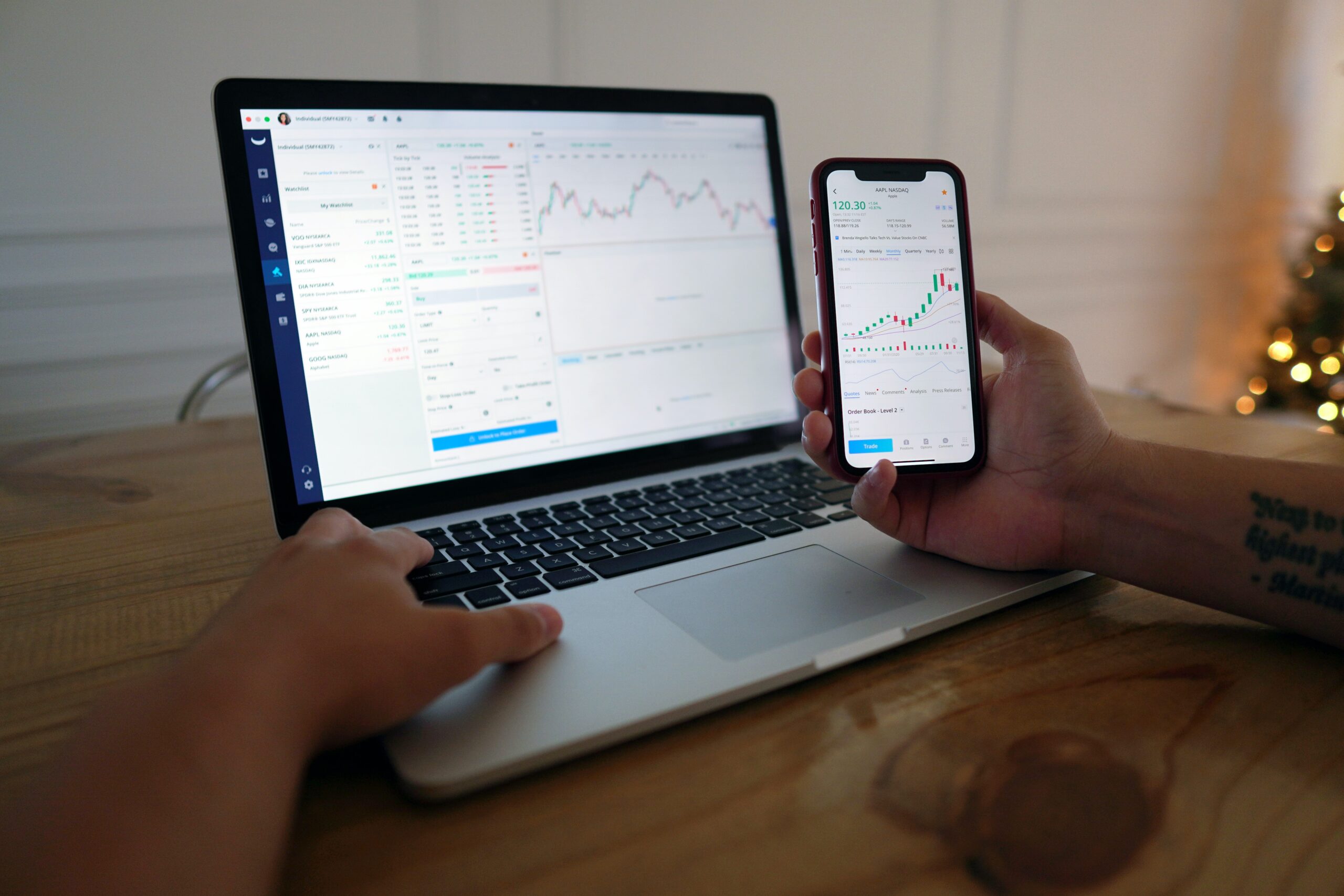The Market Ramifications of Semiconductor Manufacturing Localization
By: Anton Kozyrev For much of the 20th century, there was one crucial commodity that rose above all others to assume its position atop the global pyramid of desirable goods, so to speak. We speak, of course, of oil. That is not to say that oil only became prominent in…









